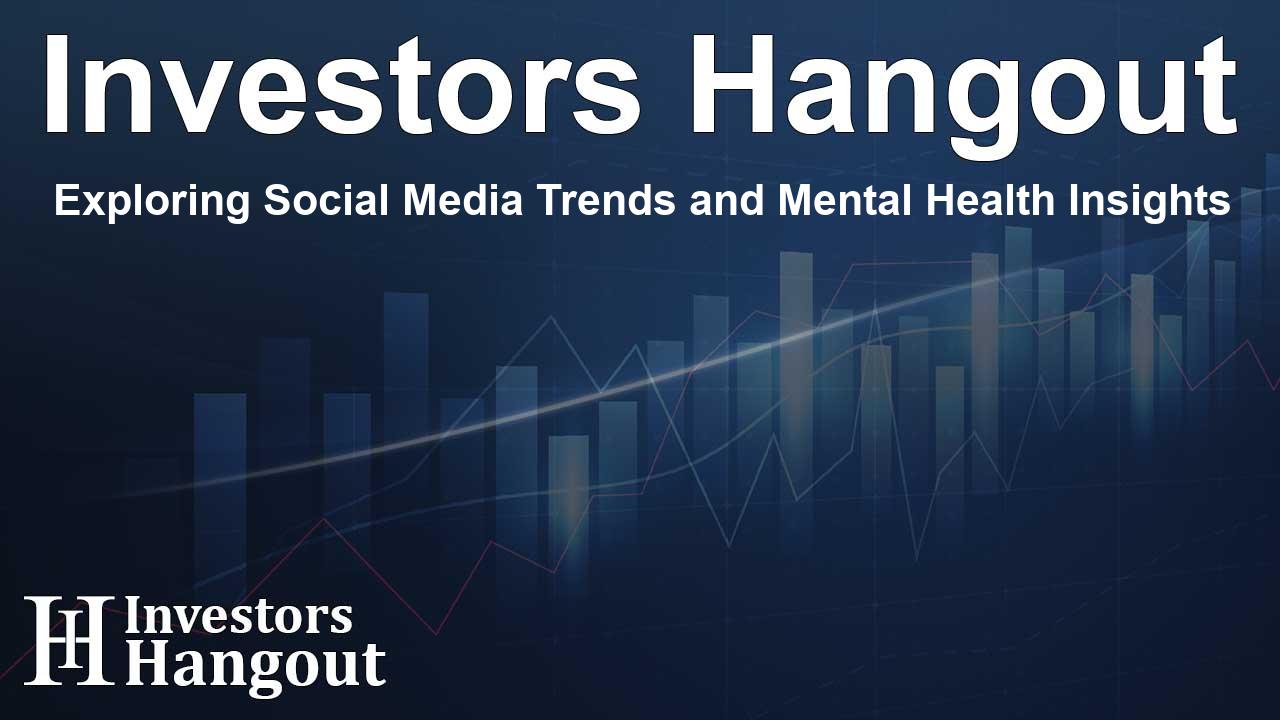Exploring Social Media Trends and Mental Health Insights

Understanding Social Media's Impact on Mental Health
Recent polling conducted by the American Psychiatric Association (APA) sheds light on the evolving relationship many adults have with social media. As we navigate through this digital age, it’s apparent that our interactions with technology can evoke both anxiety and a desire for moderation.
Trends in Social Media Usage
The findings reveal a striking trend: while approximately 62% of adults report feeling anxious when separated from their phones, a notable 50% have consciously reduced their social media time in 2025. This juxtaposition highlights the complexities of our digital interactions, suggesting that many are seeking to regain control over their online consumption.
A Complex Relationship
According to the survey results, 44% of respondents feel neutral about social media’s effect on their mental health. However, it's more common for individuals to believe that social media does more damage than good, with 32% holding this view compared to just 24% who see it as beneficial.
Parental Concerns
When it comes to the younger generation, parental concerns are evident. Surprisingly, only 28% of parents believe social media has negatively impacted their children's mental health. This statistic suggests a potential disconnect between how parents perceive social media’s impact and the issues their children might face.
Public Perceptions of Social Media
Many adults express concern over social media's broader societal impacts. About 42% of those surveyed feel it has harmed society as a whole, while 38% think it has negatively affected political discourse. These sentiments reflect the growing apprehension surrounding social media's role in shaping public opinion and behavior.
Shifts in Mental Health Content Access
Interestingly, there has been an increase in the access and engagement with mental health-related content on social media. For instance, 38% of adults reported seeing others share their mental health experiences online, a significant rise from 30% in previous years. Additionally, 29% learned about mental health disorders via social media, compared to just 22% before.
Preferred Platforms for Information
Among those seeking mental health information on social media, YouTube and Facebook emerged as the most popular platforms, with 36% and 29% of users respectively preferring these channels. Notably, men engage with mental health content on YouTube or Instagram more frequently than women, with 44% versus 28% participation rates.
Encouraging Conversations
APA President, Dr. Theresa M. Miskimen Rivera, remarked on the importance of these discussions. "It's encouraging to see more conversations emerging around mental health on social media," she stated. However, she underscored the necessity of verifying the accuracy of the information consumed and consulting mental health professionals when needed.
Engagement with Mental Health Professionals
The survey indicates that around 17% of Americans have discussed mental health topics with a doctor based on social media content. This tendency is notably higher among younger adults, who are more engaged in seeking professional opinions.
Polling Methodology
This insightful information was gathered through the APA's Healthy Minds Poll, conducted online with a sample of over 2,200 adults across the United States. The polling serves as a vital resource for understanding ongoing mental health trends and societal perceptions of social media.
Frequently Asked Questions
What was the main finding of the APA polling?
The main finding reveals that 50% of adults have cut back on their social media usage, despite 62% feeling anxious without their phones.
How many adults think social media harms mental health?
Approximately 32% of adults believe social media does more harm than good to their mental health, while only 24% believe it is beneficial.
Which platforms are most popular for mental health information?
YouTube and Facebook are the leading platforms, with 36% and 29% of social media users engaging with mental health content on these sites.
How many parents believe social media negatively affects their children?
Only 28% of parents think that social media has a negative impact on their children's mental health, indicating a disparity in concern.
What should one do if they need mental health help?
It is advisable to consult a psychiatrist or mental health professional for guidance and support if you feel you need help.
About The Author
Contact Riley Hayes privately here. Or send an email with ATTN: Riley Hayes as the subject to contact@investorshangout.com.
About Investors Hangout
Investors Hangout is a leading online stock forum for financial discussion and learning, offering a wide range of free tools and resources. It draws in traders of all levels, who exchange market knowledge, investigate trading tactics, and keep an eye on industry developments in real time. Featuring financial articles, stock message boards, quotes, charts, company profiles, and live news updates. Through cooperative learning and a wealth of informational resources, it helps users from novices creating their first portfolios to experts honing their techniques. Join Investors Hangout today: https://investorshangout.com/
The content of this article is based on factual, publicly available information and does not represent legal, financial, or investment advice. Investors Hangout does not offer financial advice, and the author is not a licensed financial advisor. Consult a qualified advisor before making any financial or investment decisions based on this article. This article should not be considered advice to purchase, sell, or hold any securities or other investments. If any of the material provided here is inaccurate, please contact us for corrections.
